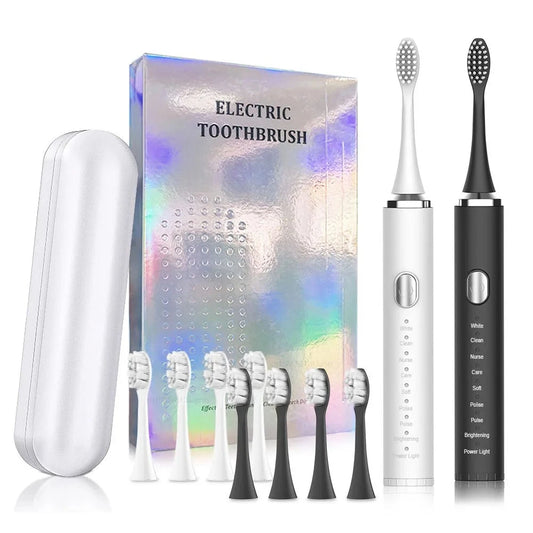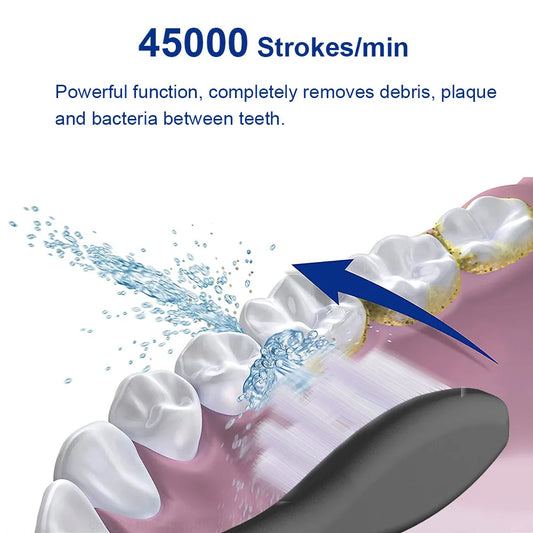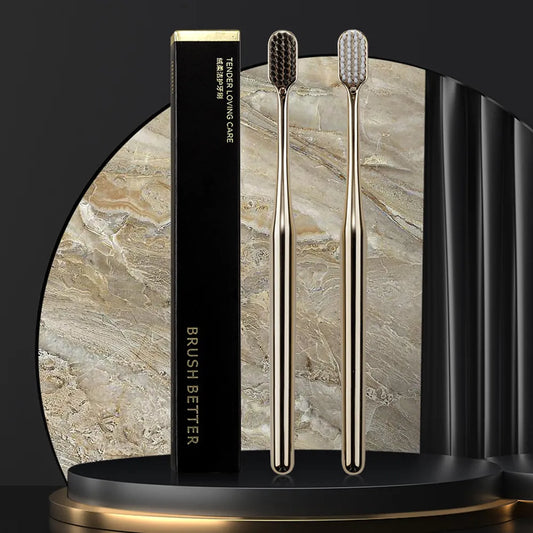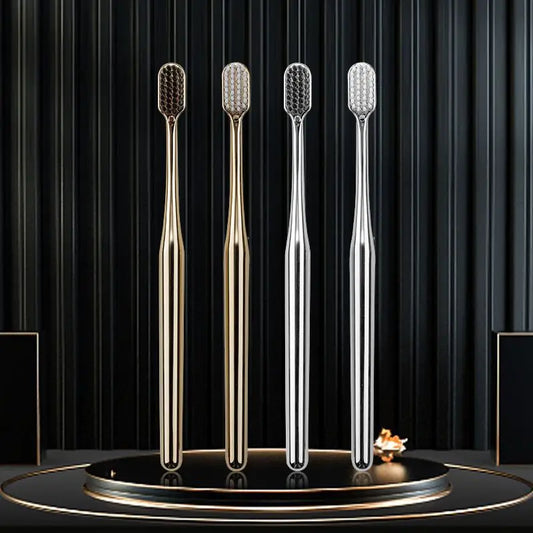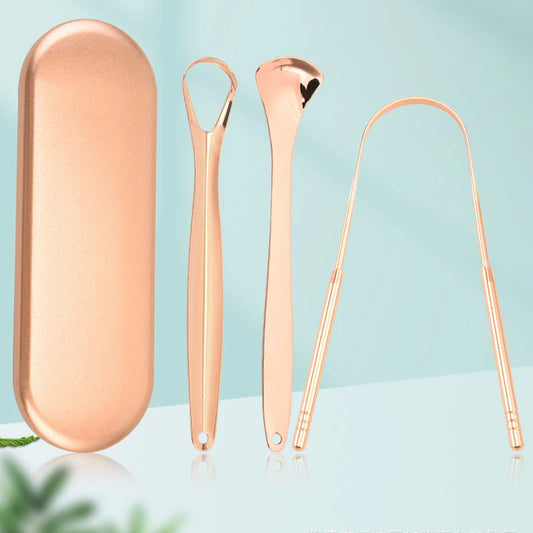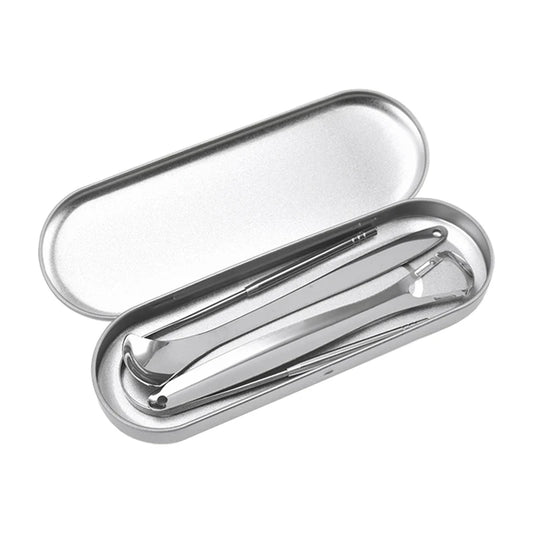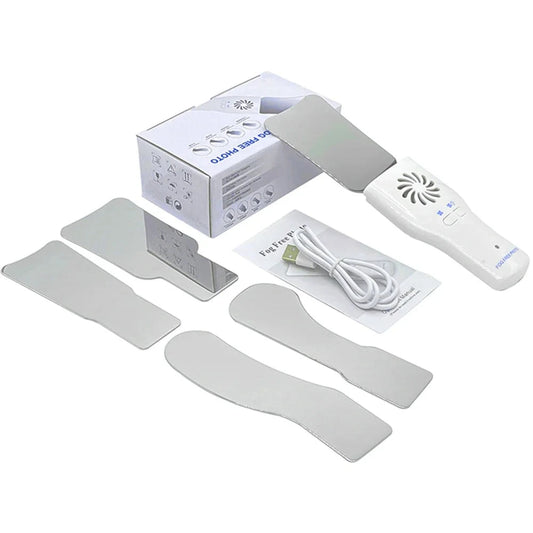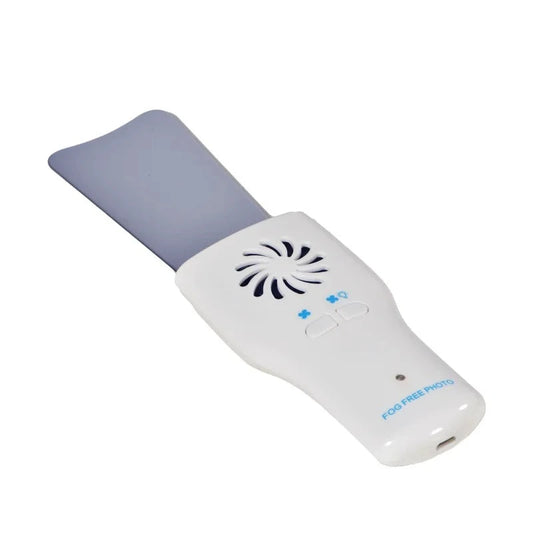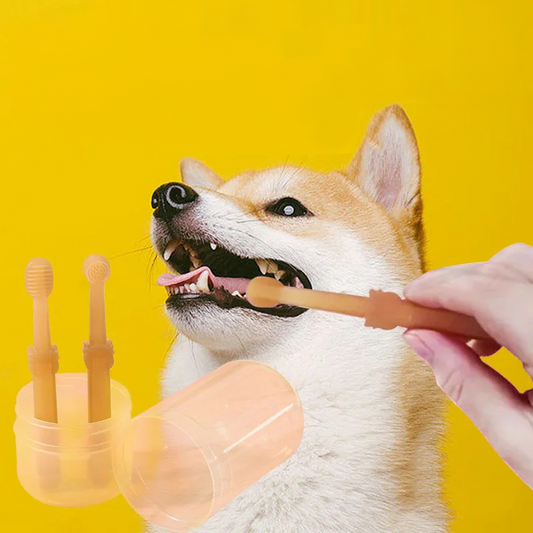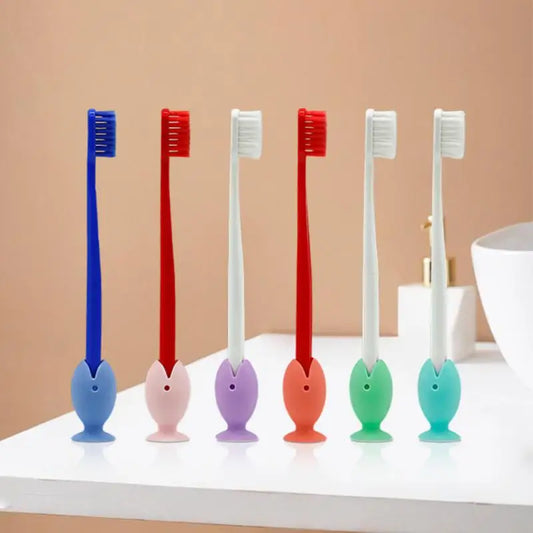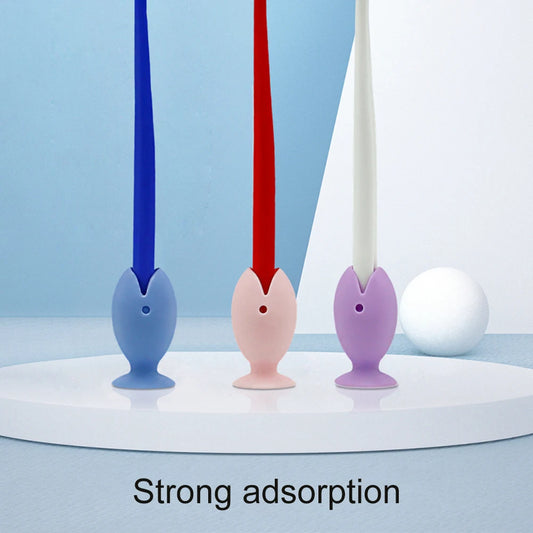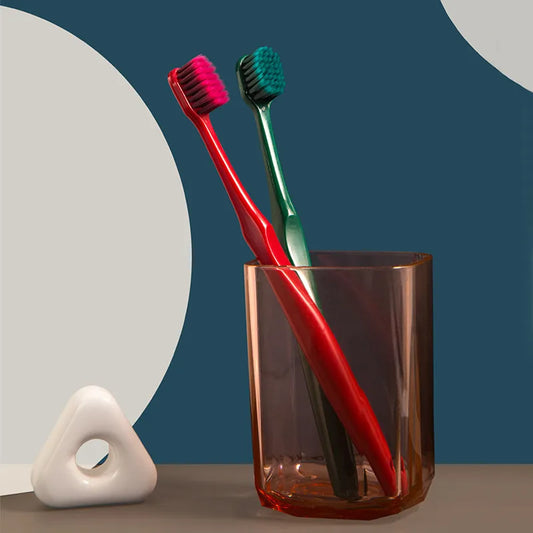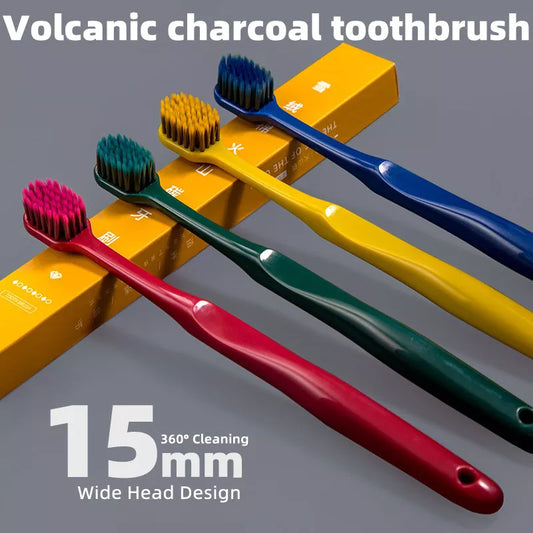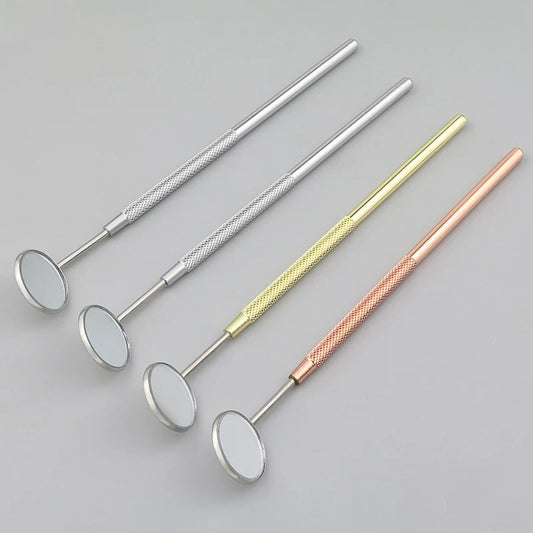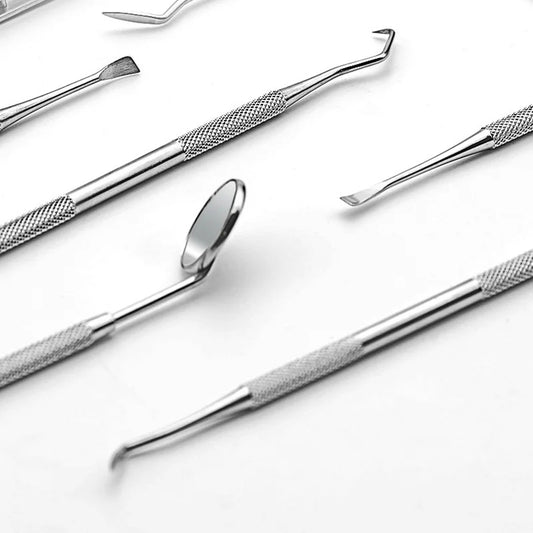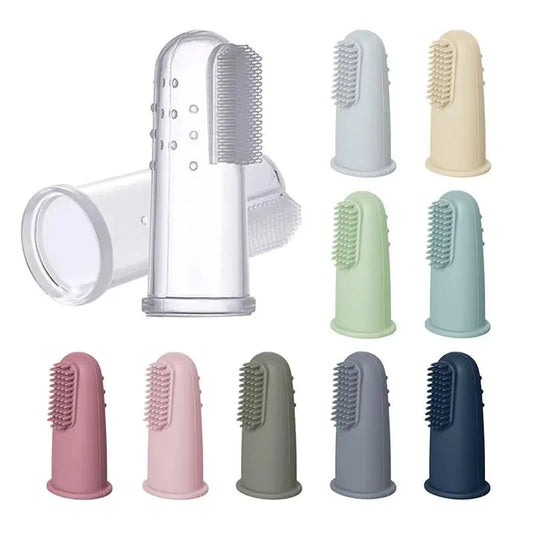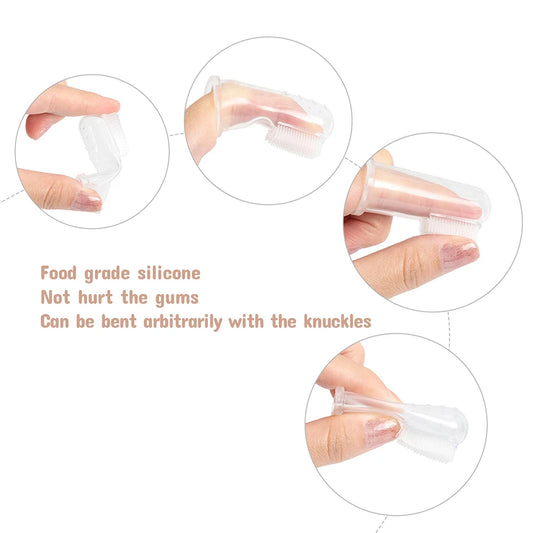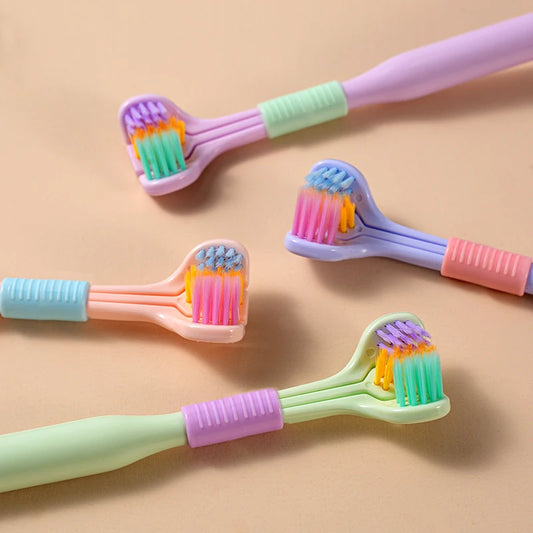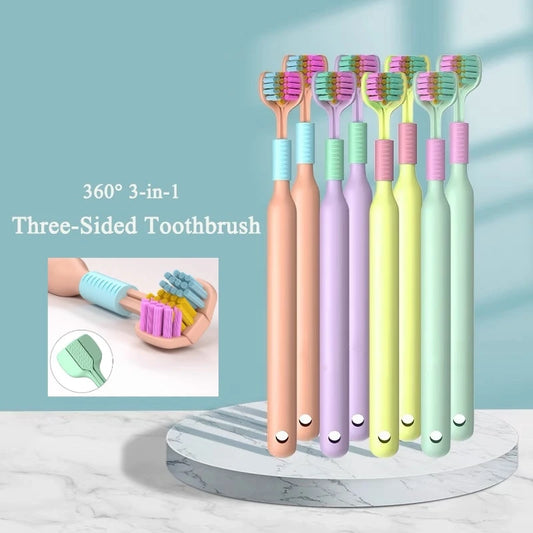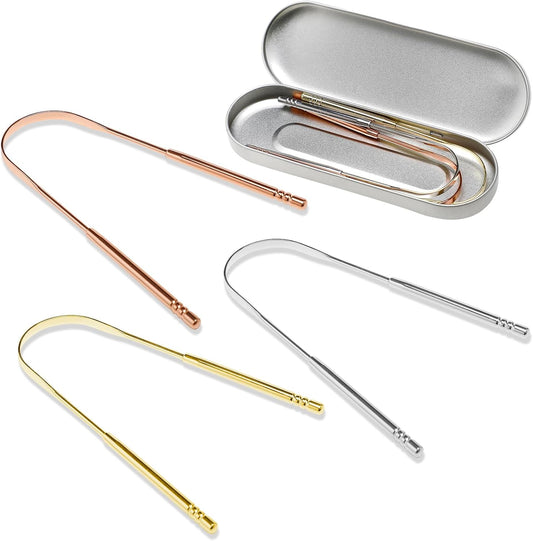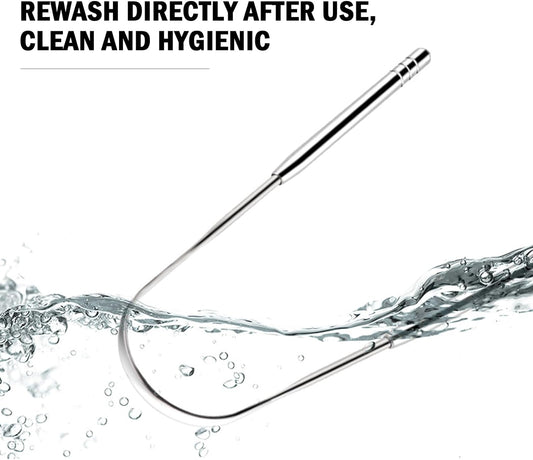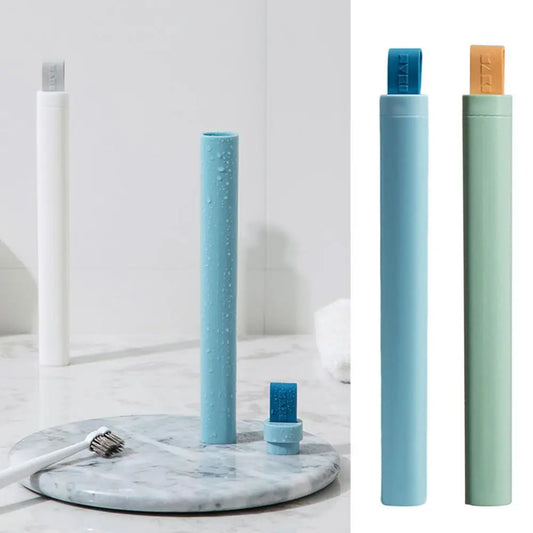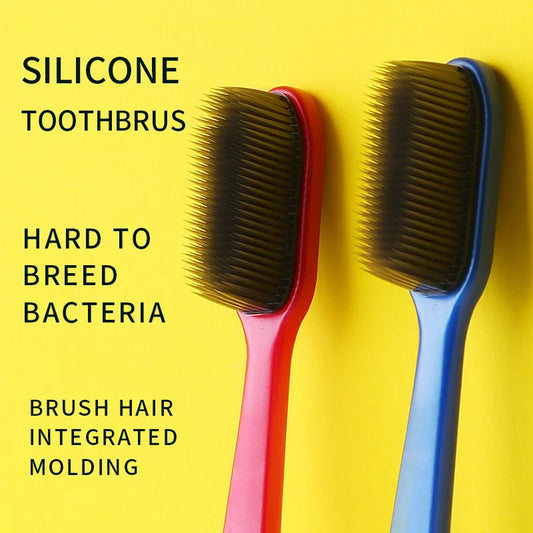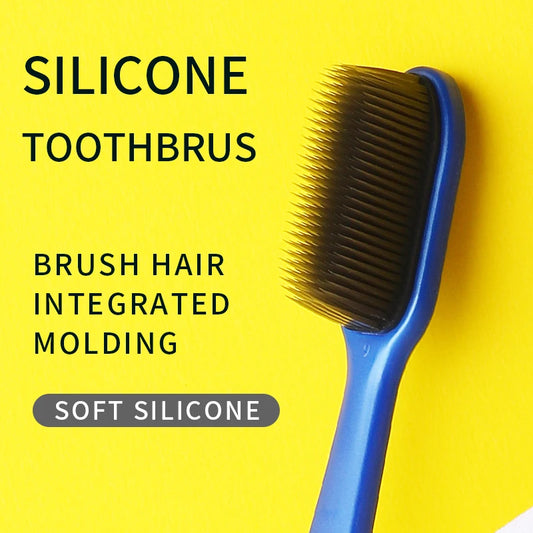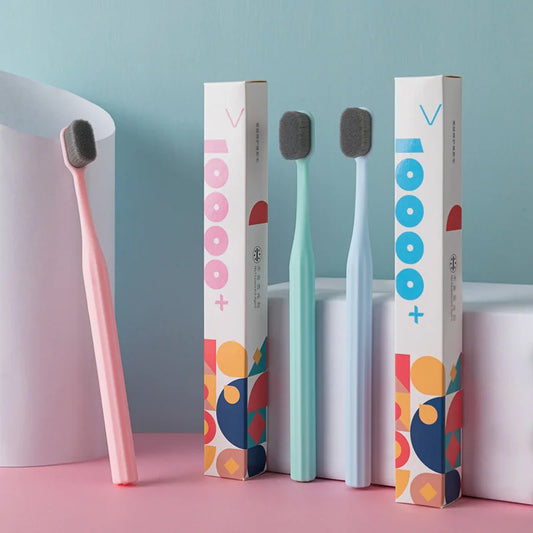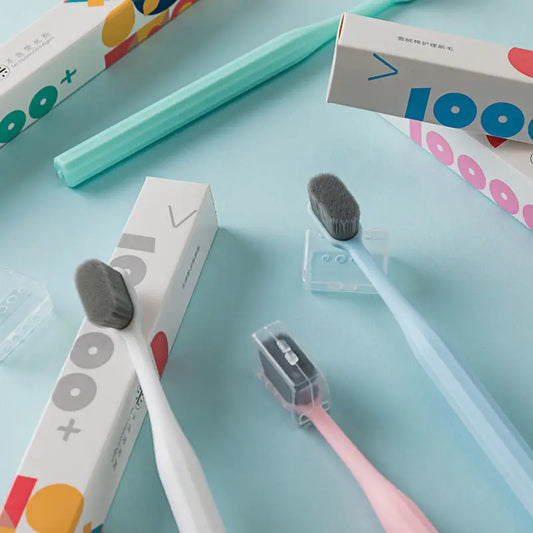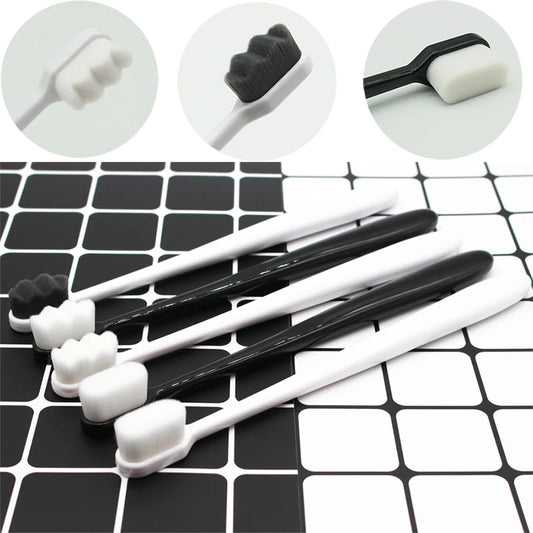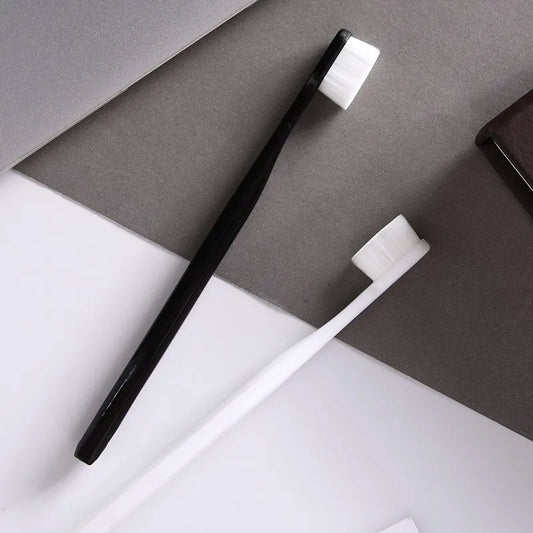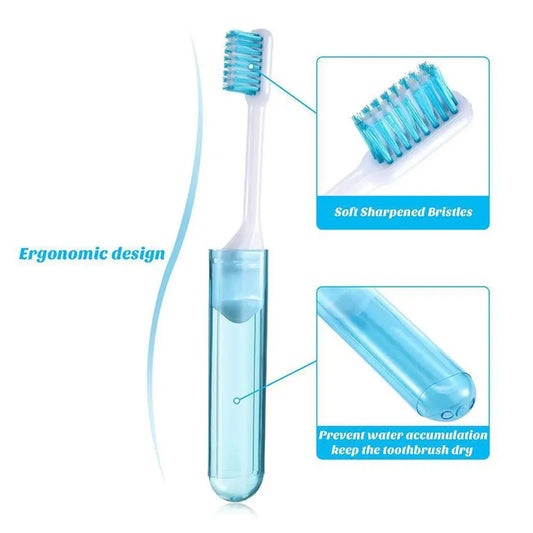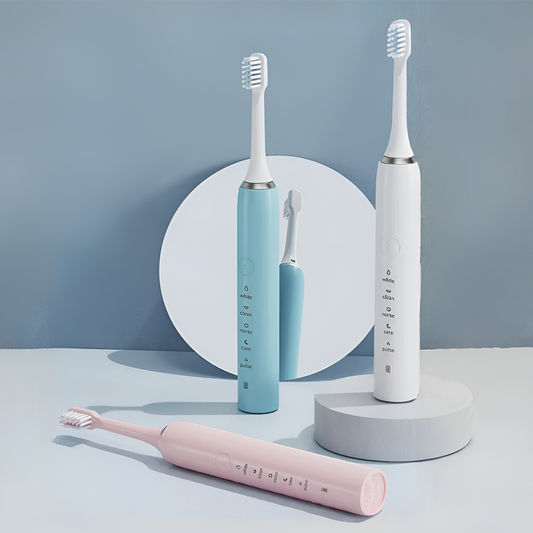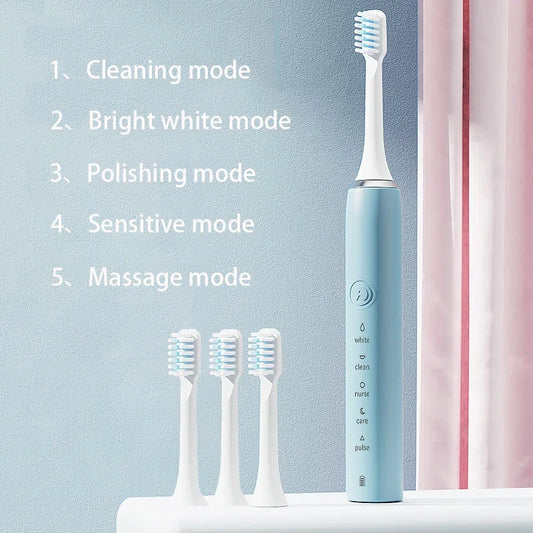Mouthpieces are versatile oral devices designed to serve various purposes, from protecting teeth during sports activities to addressing dental issues such as teeth grinding or snoring.
Understanding when and why to use a mouthpiece can help you make informed decisions about your oral health and well-being. Let's delve into the essential considerations for using a mouthpiece and the different scenarios in which they can be beneficial.
Sports Activities:
If you participate in contact sports or activities with a risk of dental injury, such as football, basketball, or martial arts, wearing a mouthpiece is crucial. A sports mouth guard provides a protective barrier for your teeth, gums, and jaw, reducing the risk of injuries such as broken or knocked-out teeth, fractured jaws, and soft tissue lacerations.
Custom-fitted mouth guards offer the most comfortable and effective protection, but boil-and-bite or stock mouth guards can also provide adequate protection for recreational activities.
Teeth Grinding (Bruxism):
Teeth grinding, or bruxism, can occur during sleep or as a result of stress, anxiety, or other factors.
Over time, bruxism can lead to dental problems such as worn enamel, tooth fractures, and jaw pain. Using a mouth guard specifically designed for bruxism can help protect your teeth from the damaging effects of grinding and clenching.
These custom-fitted night guards provide a cushioning barrier between the upper and lower teeth, preventing them from coming into direct contact and reducing the strain on the jaw muscles.
Snoring and Sleep Apnea:
Snoring and obstructive sleep apnea (OSA) are common sleep disorders that can impact both the quality of sleep and overall health. Oral appliances, also known as mandibular advancement devices (MADs) or tongue retaining devices (TRDs), are mouthpieces designed to help alleviate snoring and mild to moderate sleep apnea.
These devices work by repositioning the lower jaw or tongue to keep the airway open during sleep, reducing the likelihood of airway obstruction and snoring. Oral appliances are often recommended as an alternative treatment for individuals who cannot tolerate continuous positive airway pressure (CPAP) therapy.
Temporomandibular Joint (TMJ) Disorders:
Temporomandibular joint disorders (TMJ disorders) can cause jaw pain, clicking or popping sounds, headaches, and difficulty chewing or opening the mouth.
Using a mouthpiece, such as a splint or stabilization appliance, can help alleviate TMJ-related symptoms by providing support and stabilization for the jaw joint and surrounding muscles.
These custom-fitted devices are designed to promote proper jaw alignment, reduce muscle tension, and prevent teeth clenching or grinding.
In summary, using a mouthpiece can be beneficial in various situations, including sports activities, teeth grinding, snoring, and TMJ disorders. Whether you need protection during physical exertion, relief from nighttime grinding, or support for sleep-related issues, there's a mouthpiece solution tailored to your needs.
Consult with your dentist or healthcare provider to determine the most appropriate mouthpiece for your specific situation and enjoy the benefits of enhanced oral health and well-being.


